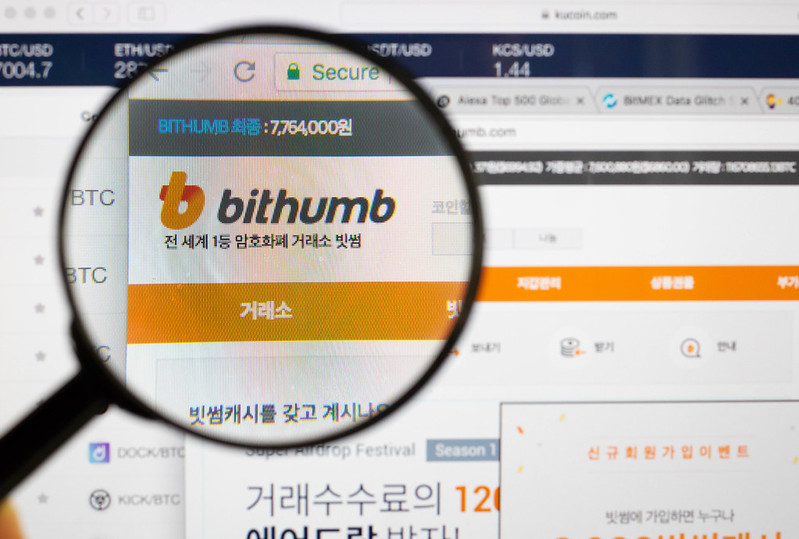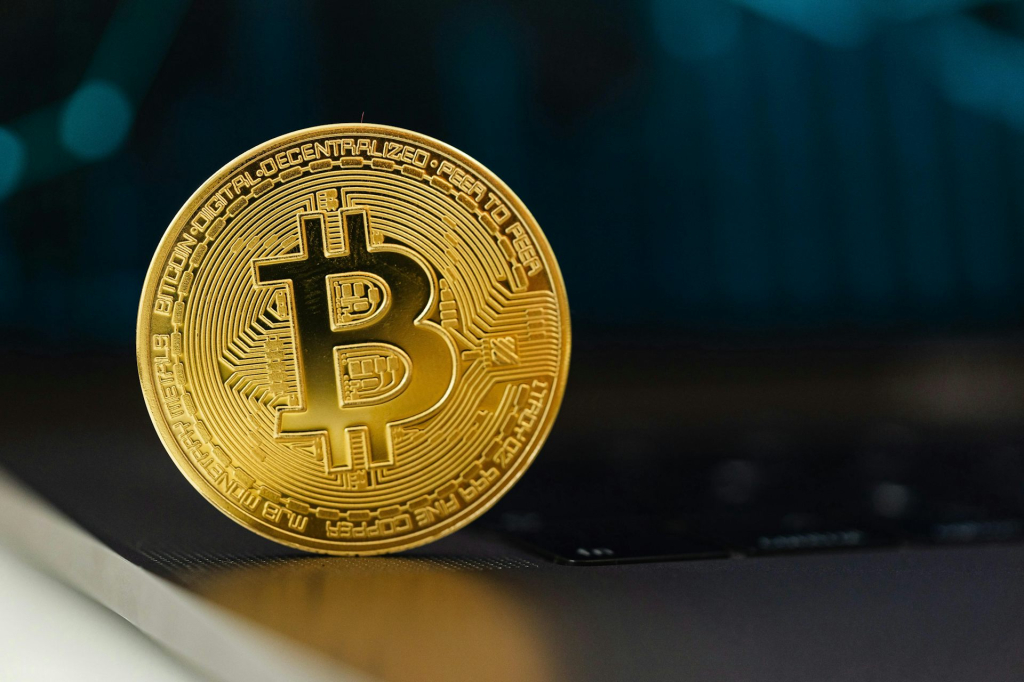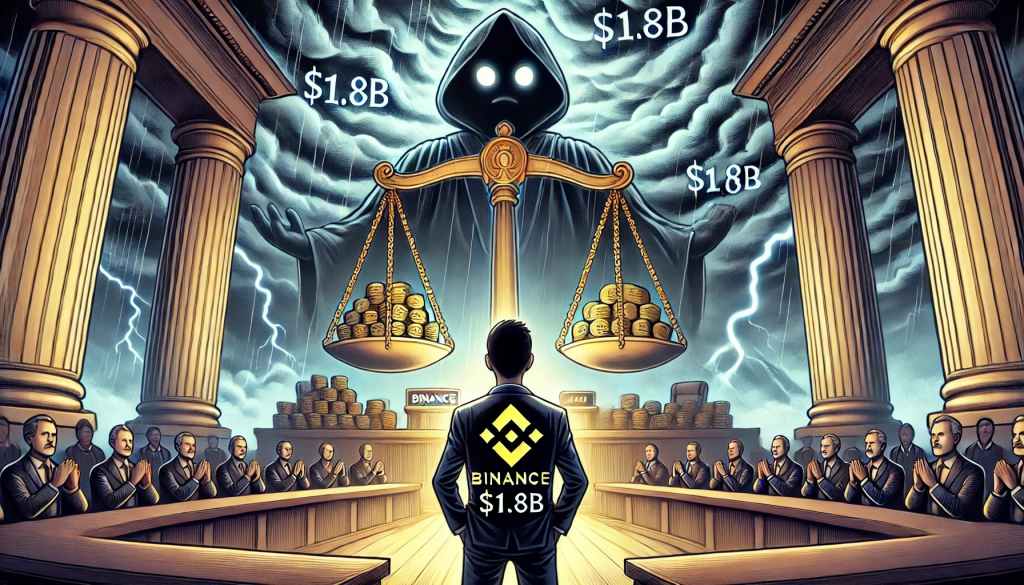The list of potential buyers for the crypto exchange Bithumb jump keeps getting longer. A South Korean internet company has reportedly started negotiations to acquire a stake in the country’s largest exchange.
Naver, a major internet firm in South Korea, is in talks with Vidente, a major Bithumb shareholder, to acquire a stake in the crypto exchange, according to Cointelegraph. The firm has now joined at least 10 other firms that also expressed interest in Bithumb, which include U.S. investment banks JPMorgan and Morgan Stanley, German bank Deutsch Bank, global payments giant Visa, and crypto exchange Binance.
Naver Corporation is a development company based in Seongnam, South Korea. The company manages mobile services such as the Line messenger and operates the search engine Naver.
The company is also planning to expand its presence in the fintech segment. Naver Pay, the firms’ payment service, is planning to add Bitcoin (BTC) as a payment option.
Meanwhile, Morgan Stanley is also interested in acquiring Bithumb. The investment bank has reportedly offered $2 billion to acquire South Korea’s largest crypto exchange, according to CryptoBriefing.
Morgan Stanley is using the entertainment firm Bident as its proxy to close the deal. The investment bank participated in the acquisition of Bident, which owns one-third of Bithumb.
Another U.S. investment bank, JPMorgan, and Germany-based Deutsche Bank were also named as among the potential buyers for the South Korean crypto exchange, the Korea Times reported. However, details about the two financial firms’ acquisition plans are not yet available at the moment.
It was reported last year that gaming firm Nexon is also interested in acquiring Bithumb. In fact, the deal was expected to push through after Lee Jung-hoon, Bithumb’s largest shareholder, put his stake for sale last year.
At that time, the deal reportedly placed Bithumb’s valuation between $450 million and$600 million. However, the deal did not materialize “due to a clause in the agreement that held Bithumb liable for all losses, hacks, and decreases in the exchange’s profitability.”


























Comment 7